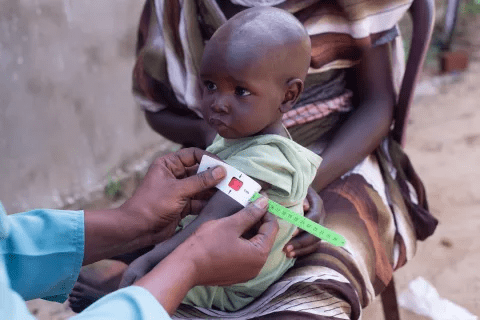Over two million babies have been born in the 18 months since the conflict began, facing significant risks due to a decimated healthcare system and widespread hunger.
The estimate, based on UN data and Save the Children’s analysis, highlights the critical situation for newborns in Sudan. With an average of 4,000 babies born daily, the conflict has severely disrupted healthcare services, including reproductive and newborn care.
The closure of 80% of hospitals in conflict-affected areas and limited access to essential health services have put mothers and children at risk of life-threatening complications. Medical staff, supplies, and infrastructure are in short supply, further exacerbating the crisis.
The neonatal period, the first 28 days of a child’s life, is particularly dangerous. Sudan already had one of the highest maternal mortality rates globally, and the conflict has compounded these risks.
Attacks on healthcare facilities have become commonplace, with over 100 verified attacks since the conflict began. The only maternity hospital in El Fasher, North Darfur, was recently targeted, and Sudan’s largest referral maternity hospital in Khartoum has been out of operation due to the conflict.
The humanitarian crisis has been compounded by staggering rates of hunger and malnutrition. Over half of Sudan’s population is facing crisis levels of hunger, and one in four is on the brink of famine.
Children born to malnourished mothers are at increased risk of fetal growth restriction, leading to poorer health outcomes and higher neonatal mortality rates.
Save the Children’s Interim Country Director for Sudan, Mohamed Abdiladif, emphasized the urgent need for international action to address this crisis. He called for an immediate ceasefire, progress towards a lasting peace agreement, and increased funding for health systems.
The UN’s coordinated response plan for Sudan is underfunded, and health programs receive less than half of the required funding.
Save the Children, operating in Sudan since 1983, is providing essential support to children and families, including health, nutrition, education, child protection, and food security. The organization is also assisting refugees from Sudan in neighboring countries.
ABJ/APA


